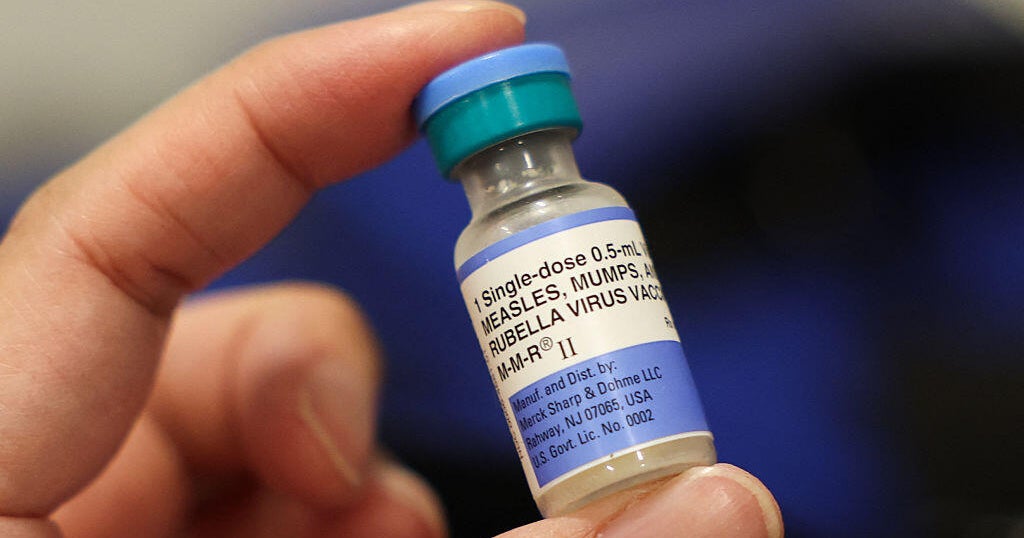Caffeine, Chocolate and Cardiovascular Health
As an interventional and general cardiologist, I encounter patients who are curious about the effects of their diet on heart health year-round. But with February marking American Heart Month and the season of love, I felt inspired to discuss two items deeply ingrained in our culture and often at the top of our minds: caffeine and chocolate.
Caffeine: A Stimulating Subject
Caffeine is a natural stimulant in coffee, tea and many soft drinks. It works by blocking the action of adenosine, a brain chemical involved in sleep. When it comes to heart health, caffeine's effects are heavily debated by medical professionals and largely misunderstood by patients.
In moderate amounts, caffeine has been shown to improve mental alertness and even offer protective benefits against heart disease. It can also increase your heart rate and blood pressure, but this isn't necessarily a bad thing for those without existing heart conditions. However, excessive caffeine intake can lead to heart palpitations, anxiety and potentially more serious heart rhythm abnormalities, especially in those with underlying heart conditions.
Maintaining a more neutral stance toward caffeine consumption has allowed me to meet a range of patients where they are, create balanced diets and dispel fears.
• Myth:
A hospital's cardiac diet does not include caffeine because the stimulant is unhealthy and harmful to patients.
• Fact:
A hospital's cardiac diet mostly does not include caffeine because the stimulant interacts with a material used in stress tests, which are often administered to cardiac patients.
Chocolate: A Sweet Spot for Heart Health?
The good news is that chocolate can absolutely have a place in a heart-healthy diet. The bad news is that not all chocolate is created equal.
Your cardiologist will likely recommend darker, more bitter options. Dark chocolate is rich in flavonoids, which are antioxidants that can help reduce blood pressure and improve blood flow to the brain and heart. Flavonoids also help make blood platelets less sticky, which may reduce the risk of blood clots and stroke.
The higher the cocoa content, the more flavonoids the chocolate contains, and the better it is for your heart. Milk chocolate has significantly fewer of these beneficial compounds, and white chocolate is barely chocolate. Additionally, sweeter chocolates are often high in calories, sugar and fats, which can negate any potential heart benefits if consumed in excess.
• Myth:
Chocolate is a heart-healthy food because it's natural.
• Fact:
Not all natural products are heart-healthy. Chocolate should be consumed in moderation and with as few additives as possible.
Balancing Acts
I firmly believe in making space in our lives for the things we love. So, how should you incorporate caffeine and chocolate into your heart-healthy lifestyle? The key is moderation. A cup or two of coffee or tea throughout the day can be part of a heart-healthy diet. Opting for natural sources of caffeine with minimal additives, as opposed to high-sugar energy drinks, will always be your best bet. As for chocolate, choose options with at least 70% cocoa to satisfy your sweet tooth and potentially benefit your heart.
Reminders
A heart-healthy diet is rich in fruits, vegetables, whole grains and lean proteins. It is also low in saturated fats, trans fats, cholesterol, salt and added sugars. Caffeine and chocolate can be part of this diet, but they shouldn't be the main focus.
This American Heart Month, let's show some love to our hearts. Remember, if you have specific heart health concerns or conditions, always consult with your cardiologist for personalized advice.
A healthy heart is one of the greatest gifts we can give ourselves and our loved ones.







